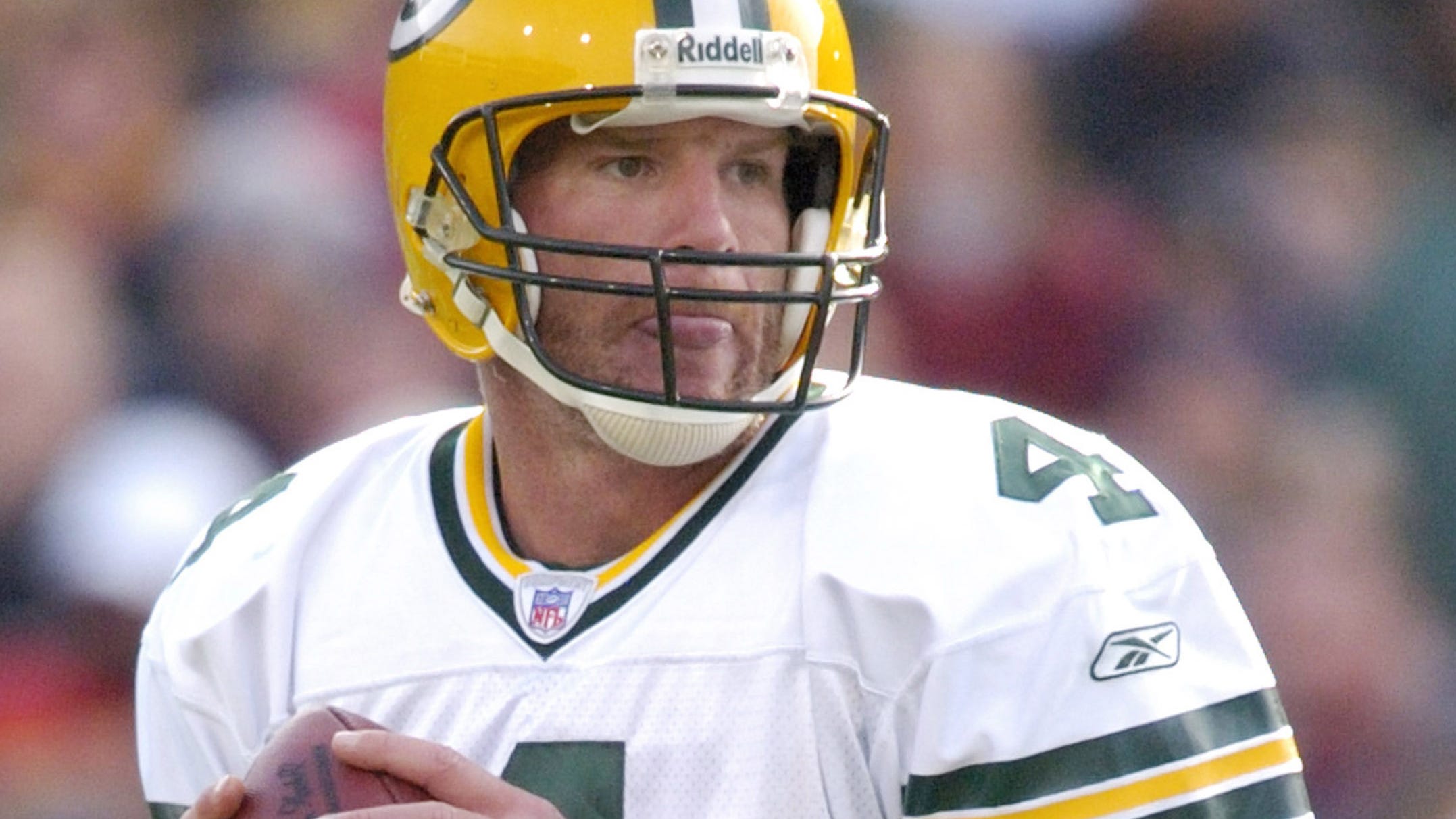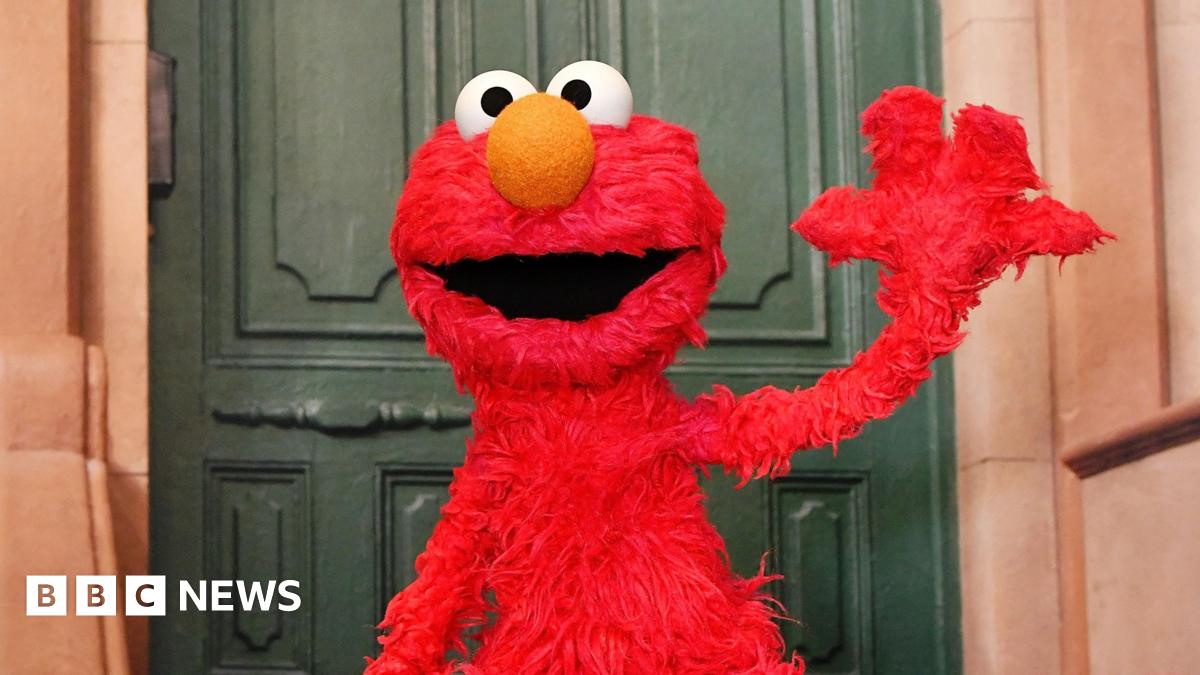Helping Your Child Stop Thumb Sucking Or Pacifier Use

Welcome to your ultimate source for breaking news, trending updates, and in-depth stories from around the world. Whether it's politics, technology, entertainment, sports, or lifestyle, we bring you real-time updates that keep you informed and ahead of the curve.
Our team works tirelessly to ensure you never miss a moment. From the latest developments in global events to the most talked-about topics on social media, our news platform is designed to deliver accurate and timely information, all in one place.
Stay in the know and join thousands of readers who trust us for reliable, up-to-date content. Explore our expertly curated articles and dive deeper into the stories that matter to you. Visit Best Website now and be part of the conversation. Don't miss out on the headlines that shape our world!
Table of Contents
Helping Your Child Stop Thumb Sucking or Pacifier Use: A Gentle Guide for Parents
Thumb sucking and pacifier use are common comforting habits for babies and toddlers. While these habits are generally harmless in infancy, prolonged use beyond the age of three can lead to dental and speech problems. This guide offers parents practical advice and strategies to help their child gently break free from these habits.
Understanding the Habit:
Before attempting to stop the habit, it's crucial to understand why your child engages in it. Thumb sucking and pacifier use often provide comfort and security, especially during times of stress, anxiety, or sleep. Forcing a child to stop abruptly can increase anxiety and worsen the habit. Instead, focus on a gradual and supportive approach.
When to Seek Help:
While many children naturally wean themselves off these habits, it's important to consult a pediatrician or dentist if:
- Your child is over three years old and still exhibiting the habit. Prolonged use can affect jaw development and tooth alignment.
- Your child shows signs of significant oral health issues. This includes misaligned teeth, an overbite, or open bite.
- You're concerned about the psychological impact. If the habit is causing your child significant distress or impacting their self-esteem, professional help is valuable.
Strategies to Help Your Child Quit:
Here are some gentle strategies to help your child discontinue thumb sucking or pacifier use:
1. Positive Reinforcement:
- Reward Charts: Create a simple reward chart to track progress. Small rewards for each day without thumb sucking or pacifier use can be highly motivating. (Consider non-food rewards to avoid dental issues).
- Praise and Encouragement: Regularly praise and encourage your child's efforts, focusing on their successes rather than failures.
2. Gradual Weaning:
- Set Realistic Goals: Don't try to eliminate the habit overnight. Start by setting small, achievable goals, such as reducing the habit during the day before tackling nighttime use.
- Reduce Pacifier Use Gradually: If using a pacifier, gradually reduce the amount of time your child uses it each day. You might start by limiting its use to naptime and bedtime only. Then, gradually decrease the duration at those times.
- "Pacifier Fairy": Some parents use a creative story about a "Pacifier Fairy" who collects pacifiers to give to babies who need them. This can make the process less upsetting for the child.
3. Addressing Underlying Issues:
- Identify Triggers: Try to identify situations or emotions that trigger your child's thumb sucking or pacifier use (e.g., bedtime, feeling anxious). Addressing these underlying issues can significantly reduce the reliance on the habit.
- Provide Comfort and Security: Ensure your child feels loved, secure, and supported. This may involve spending extra quality time together, reading bedtime stories, or establishing a consistent and comforting bedtime routine.
4. Professional Help:
- Dental Consultation: A dentist can assess any potential dental problems caused by the habit and provide guidance on managing them.
- Behavioral Therapist: If the habit is deeply ingrained or causing significant distress, a behavioral therapist can offer specialized techniques and support.
Conclusion:
Helping your child stop thumb sucking or pacifier use requires patience, understanding, and a supportive approach. Focus on positive reinforcement, gradual weaning, and addressing any underlying emotional needs. Remember to celebrate your child's progress and seek professional help if needed. By working together, you can help your child develop healthy oral habits and build their confidence.
Keywords: thumb sucking, pacifier, pacifier weaning, thumb sucking toddler, stop thumb sucking, child habits, dental health, child development, parenting tips, positive reinforcement, reward chart.

Thank you for visiting our website, your trusted source for the latest updates and in-depth coverage on Helping Your Child Stop Thumb Sucking Or Pacifier Use. We're committed to keeping you informed with timely and accurate information to meet your curiosity and needs.
If you have any questions, suggestions, or feedback, we'd love to hear from you. Your insights are valuable to us and help us improve to serve you better. Feel free to reach out through our contact page.
Don't forget to bookmark our website and check back regularly for the latest headlines and trending topics. See you next time, and thank you for being part of our growing community!
Featured Posts
-
 New Clues Emerge From A Canadian Pachyrhinosaurus Fossil Bed
May 21, 2025
New Clues Emerge From A Canadian Pachyrhinosaurus Fossil Bed
May 21, 2025 -
 Netflixs Fall Of Favre Director On Balancing Favres Legacy And Scandals
May 21, 2025
Netflixs Fall Of Favre Director On Balancing Favres Legacy And Scandals
May 21, 2025 -
 Institutional Money Drives 5 B Bitcoin Etf Rush
May 21, 2025
Institutional Money Drives 5 B Bitcoin Etf Rush
May 21, 2025 -
 Political Fallout Sesame Street Shifts To Netflix After Funding Dispute
May 21, 2025
Political Fallout Sesame Street Shifts To Netflix After Funding Dispute
May 21, 2025 -
 The Fallout From Untold Brett Favre A J Perez Discusses Threats And The Documentarys Impact
May 21, 2025
The Fallout From Untold Brett Favre A J Perez Discusses Threats And The Documentarys Impact
May 21, 2025
Latest Posts
-
 Fbi Launches Federal Investigation Into New York Attorney General
May 21, 2025
Fbi Launches Federal Investigation Into New York Attorney General
May 21, 2025 -
 Gazas Humanitarian Crisis Intolerable Suffering Amidst Renewed Conflict
May 21, 2025
Gazas Humanitarian Crisis Intolerable Suffering Amidst Renewed Conflict
May 21, 2025 -
 Contrasting Outcomes Congresswoman Charged With Assault Newark Mayor Exonerated
May 21, 2025
Contrasting Outcomes Congresswoman Charged With Assault Newark Mayor Exonerated
May 21, 2025 -
 Join Ubisoft Milan Work On Upcoming Rayman Aaa Title
May 21, 2025
Join Ubisoft Milan Work On Upcoming Rayman Aaa Title
May 21, 2025 -
 Ubisoft Milans Big Budget Rayman Game Hiring Now
May 21, 2025
Ubisoft Milans Big Budget Rayman Game Hiring Now
May 21, 2025
